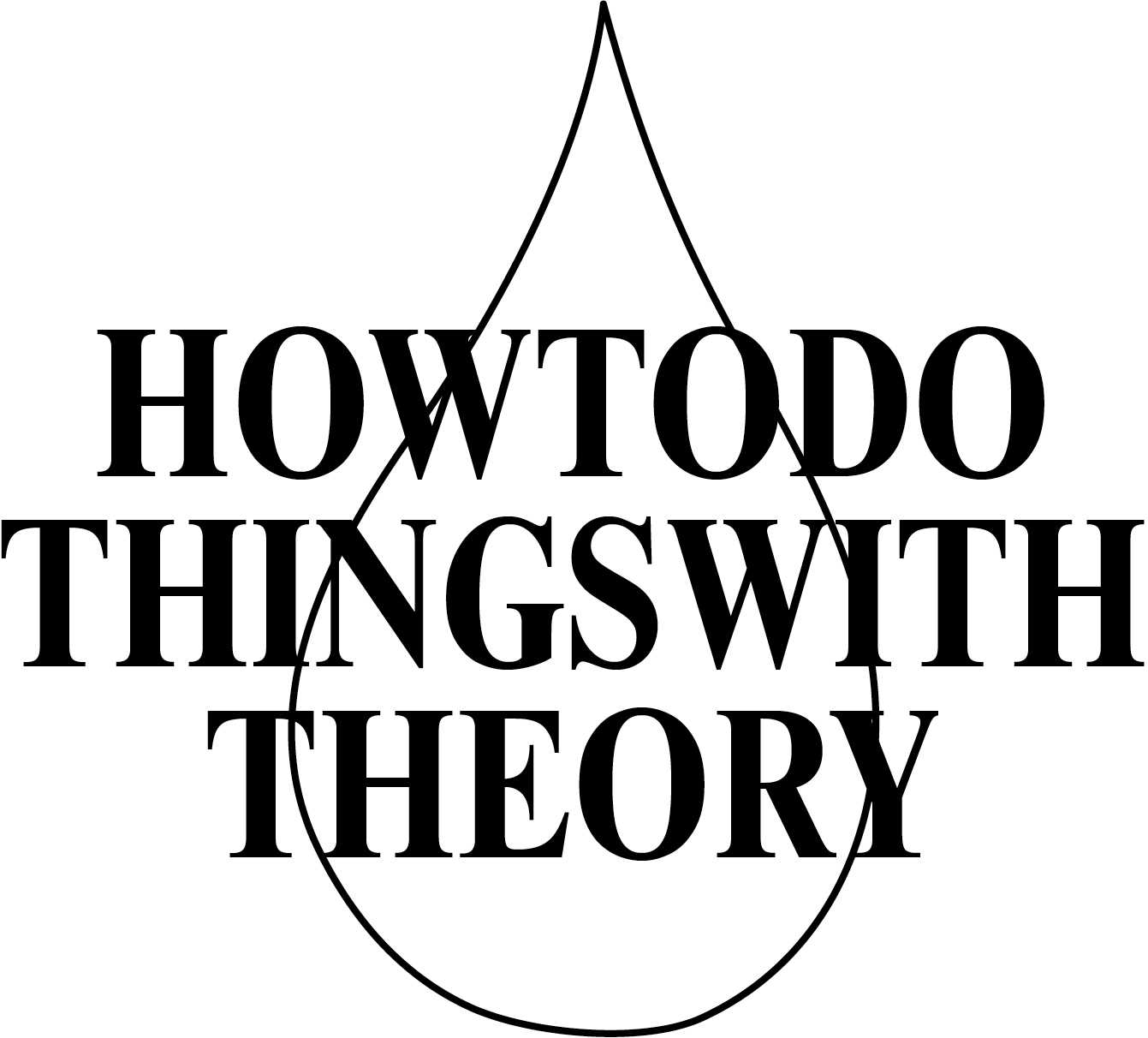Rana Hamadeh: A Note In Several Tenses / On the Temporality of Subjectivity and Otherness
Independent reviewer: Doreen Mende
Enschede, 2009
ABSTRACT
This thesis deals with the relation between subjectivity and Otherness from different points of departure. Whether the 'Other' is understood as absolute alterity or not, whether understood as the 'object' or an 'object of knowledge', a 'body' or an 'event', a 'human Other' or an 'inhuman Other', 'language', 'temporality', 'presence', or 'absence'; what this thesis basically focuses on is the ethicality of the subject/Other relation. The subject's relation to the Other, argued as being in itself the domain of temporality, is to be seen as a primarily and fundamentally ethical relation, where ethics precedes every traditional ontological account on being. Temporality and Spatiality, I suggest in the end of the thesis, are not two domains through which subjectivity should be understood, but rather two readings of one and only domain that constitutes subjectivity: the domain of the Other.
The text fluctuates between worldly associations and philosophical/theoretical ones. It starts with a review on an exhibition and ends with a review on an art project, while in the middle it concentrates on a process of thinking, reading, defining and re-defining subjectivity and Otherness particularly in relation to Emmanuel Levinas's thoughts on 'ethics as first philosophy'.
As an artist who is interested in speech, lecture performances and conversations as an artistic medium, this thesis tries to trace back the motives for my particular interest in performativity. The temporality of the face to face encounter between myself a subject and the addressee as an Other is the question that I would like to articulate in terms of ethics, and ethical concerns.
REVIEW
The thesis A NOTE IN SEVERAL TENSES by Rana Hamadeh informs about a high ability of reading through the complexity of the relation between the Self and the Other under the umbrella of Emmanuel Levinas' thinking on subjectivity as a temporality activated by the engagement with the Other. Beyond that, the thesis constantly reflects the western conditions of art production as a hegemonial power system without evaluating but complicating them in a Foucauldian way (problematization). It is striking, that Rana Hamadeh does not write about a post-colonial trajectory of art production but the white between the lines subtly transport that she IS a post-colonial condition herself and shares this with us. It has to be appreciated indeed, that the thesis is not an analysis of Levinas' texts among the others, but an active and activating thinking practice as a performance of the implicated Self (her) in the Other (body of thought/Levinas). Her elaborations transfer her precisely articulated sensitivity towards an own ethics as an actor, or rather as an agent, within the art world. Only chapter three, The Object and Space/The Object qua Space, falls back in general statements on the 'white cube,' the 'artwork' and the power of the 'only public that defines.' But Rana Hamadeh's critique on the Saatchi-show Unveiled: New Art from the Middle East reveal her awareness of display strategies as a politics of a specific visibility and legibility in space. Rana Hamadeh's point of departure for her research was and still is (1) an urgency to reflect her own practice in terms of her own responsibilities as ethics, initiated by her rage, limits, uncertainties, and desires within the web of relations in the art world (2) a 'fascination' with Levinas' thinking as a texture to think actively through the politics of the implicated Self in the Other. (3) 'to bite its own tail,' how Rana Hamadeh called it, which sets her in a mode of auto-affection that enters the already open as an arena of a ʻradical difference.ʼ For these points, I would the graduate student warmly recommend to consider a subsequent post-graduate studies, for example a practice-based PhD, which allows her to explore own research methodologies. Her conclusion articulates a desire to interweave thoroughly her elaborated thinking/theoretical practice with her ongoing own artistic work. DM

